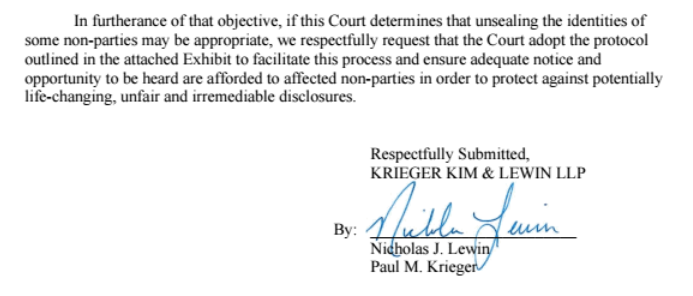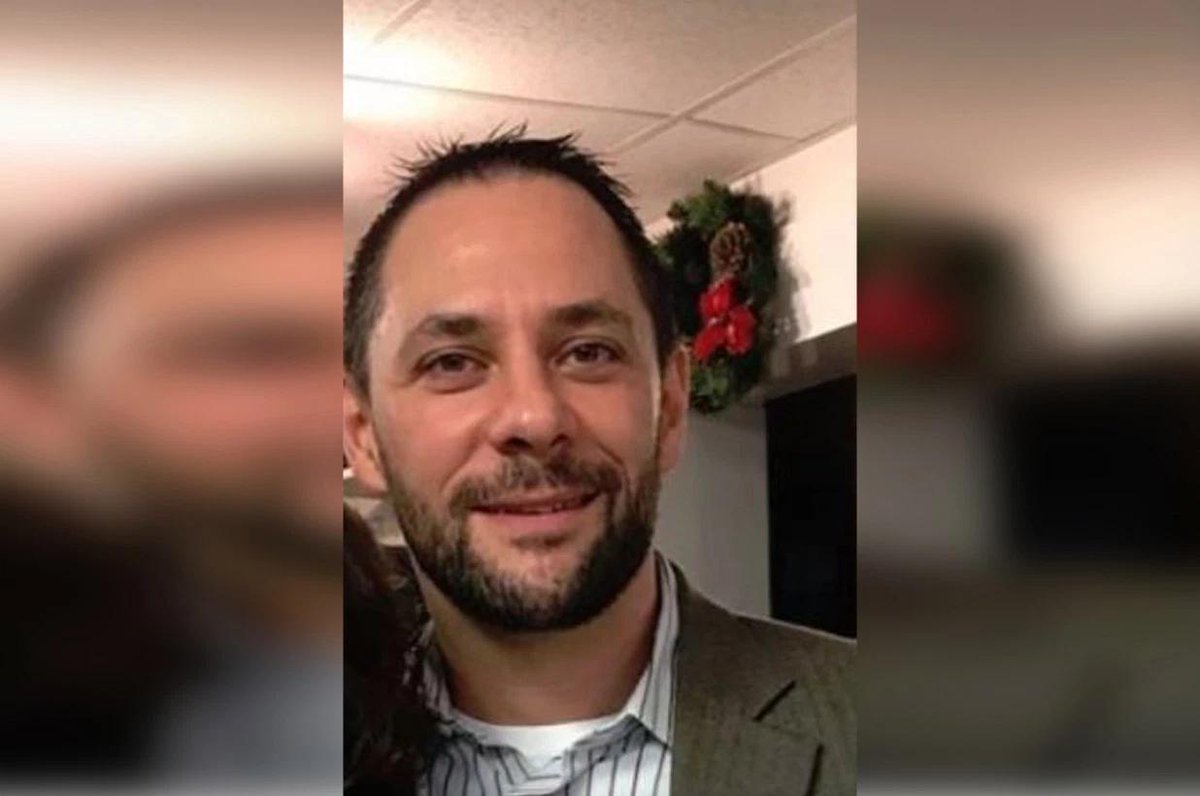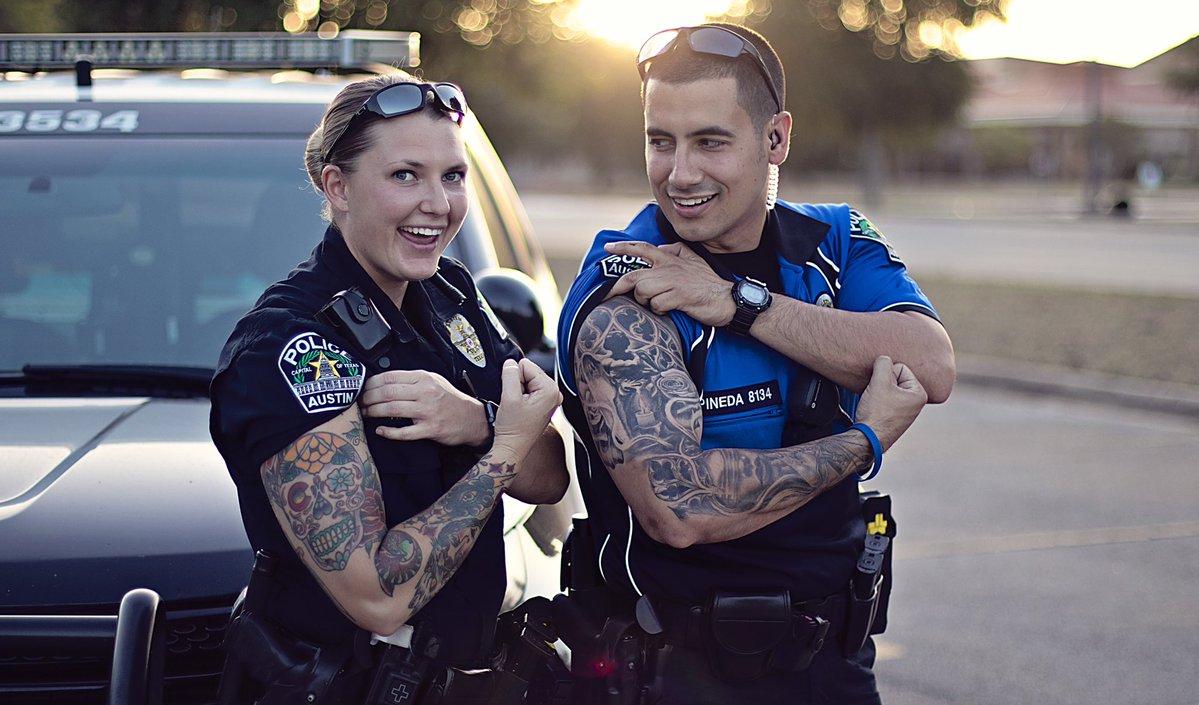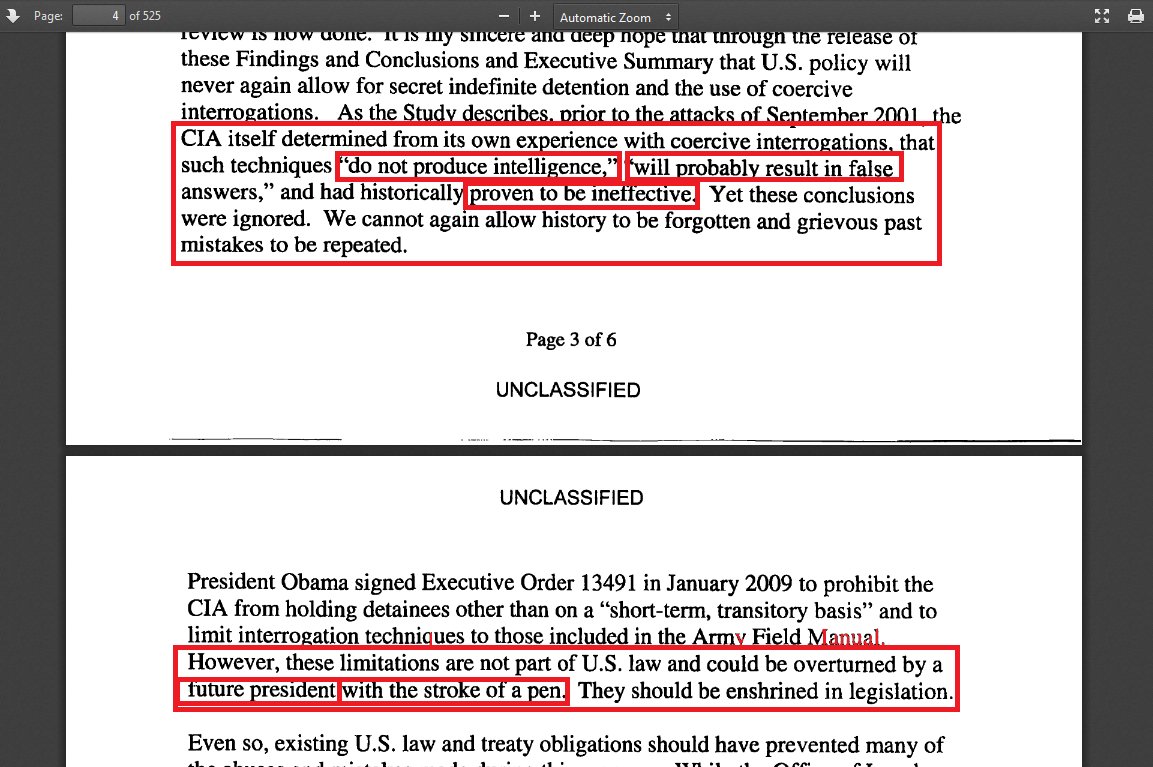nytimes.com/2019/09/19/us/…
nytimes.com/2019/04/10/us/…
Aside: Mostly soft spoken.
He replies that interrogation has TV connotation and that his style was more like an interview, even though it was an interrogation.
(In 2007, after 3+ years in the black sites.)
Fitzgerald: "I do not have any recollection of using any statement."
He does not.
Fitzgerald: The FBI and local law enforcement.
Groharing: Is that one of the reasons the CIA would disseminate intelligence to the FBI?
Fitzgerald: Yes.
Prosecutors plan to call him back for Mustafa al Hawsawi's suppression hearing. Date unknown.
And Baluchi lawyer James Connell called her. So he gets to ask questions first.
She uses "interview."
Connell asks if they can agree on the term "question."
And they do.
She did not read him a full Miranda warning in South Africa, because he was not in U.S. custody. She provided it in flight en route to the USA. (Not Gitmo.)
*What they called the 9/11 investigation using acronyms for the Pentagon and Twin Towers.
She got to see it later, after it had been boxed up and moved, maybe to Islamabad.
Now, Connell has a new topic: The capture of Mustafa al Hawsawi, the man she would interview-interrogate at Guantanamo for this case's prosecutors back in 2007.
Connell has her looking at a document in a SECRET binder of material we can't see but they can describe.
It's a request for information she made to the CIA.
She doesn't think she addressed them, just submitted to FBI for CIA "ever hopeful that it's going to go to the person who is in charge of getting information."
Her sense is it was "sort of ignored."
One involves a seized little blue notebook.
Cables show Hawsawi and KSM answering her questions..
She was in DC already in 2006, when the CIA delivered the high-value detainees to Guantanamo, at the HVD prosecution team.
She agrees with Connell that those buckets, which sound like folders, probably contained CIA reporting.
--Baluchi and Hawsawi are charged in the 9/11 case.
--Ghailani was sent to NYC, tried, convicted and in his federal prison.
--Guleed is a no-charge indefinite detainee.
It underwent an interagency analysis to decide "the equities," which apparently included downgrading classification. To get that process started, an agent would make a "Pester Request."
What material? "To the best of my recollection it would've been cables."
So now prosecutor Jeffrey Groharing gets to cross examine her.
She would not, she said.
She would discuss with her chain of command how to approach the OGA in consideration of their equities.
nytimes.com/2009/12/31/wor…
Yes, replies Perkins.
She said she relied on material that was swept up in the raids that seized Ramzi bin al Shibh and Mustafa al Hawsawi.
Perkins: No.Their job was to ensure CIA information was properly protected.
The same, says Perkins. "Every document, everything that was shown to him, we had prior to his capture."
She describes them as sensitive site exploitation, all FBI holdings.
He understood, didn't complain about any ailment, wasn't anxious, nervous or hallucinating. "He seemed very relaxed."
(Baluchi sent 3+ years in CIA black sites. He got to Guantanamo four months earlier.)
Perkins said they know that it "would've required permission from the CIA to use that sort of information."
They'd ask him often if he was willing to participate -- at the day's start, in the middle and whether day's end for the next day. He always said yes.
He said his English was fine, that he didn't need a translator. "Let's get down to business," he said.
Perkins: No.







